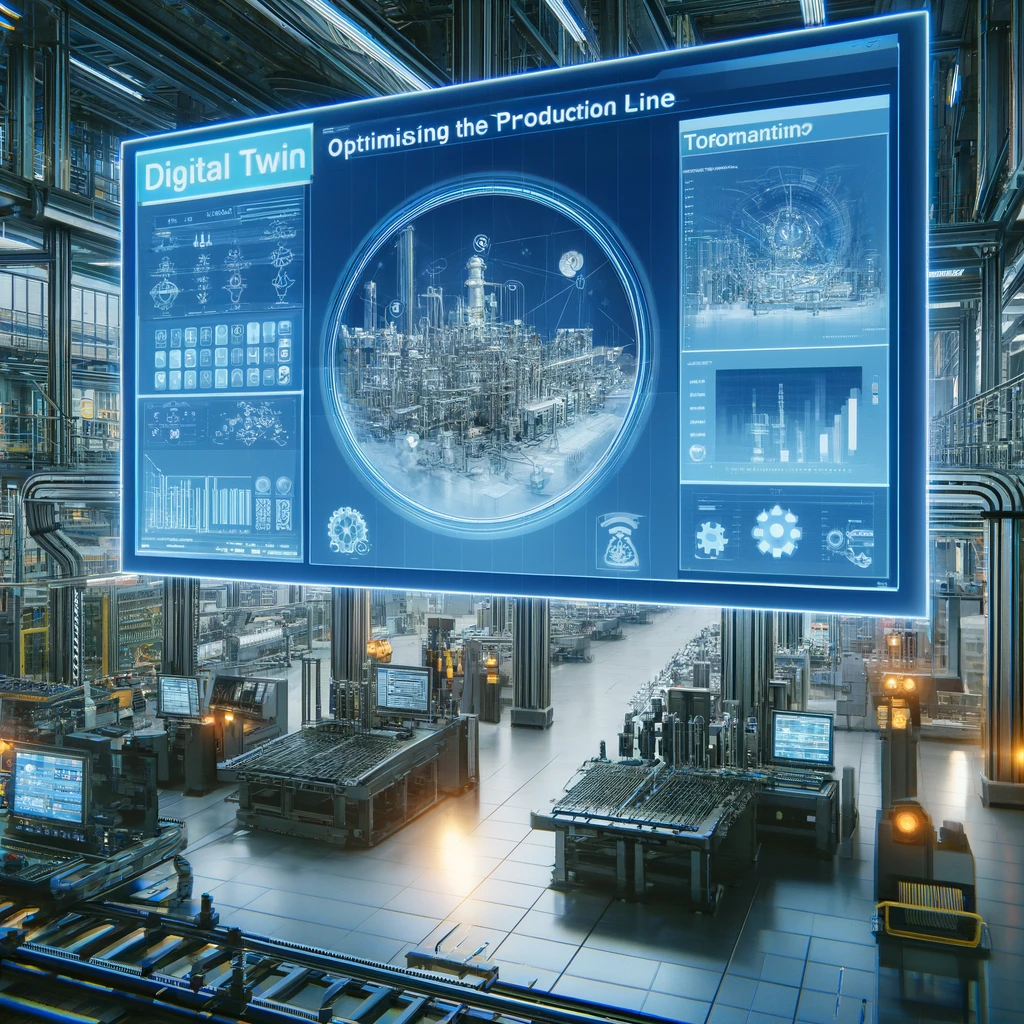What is a Digital Twin?
A digital twin is a virtual model designed to accurately reflect a physical object, process, or system. The technology allows businesses and governments to simulate, predict, and visualise products in a digital platform. It offers insights that can prevent issues and enhance efficiency. Digital twins integrate IoT, AI, machine learning, and software analytics with spatial network graphs to create living digital simulation models that update and change as their physical counterparts change.
How Digital Twin Technology Benefits Businesses and Governments
Digital twin technology provides a robust framework for troubleshooting, maintenance, and future planning. Proper implementation can lead to substantial cost savings and operational efficiencies. For businesses, it enhances product development, optimises manufacturing processes, and improves the delivery of services through interactive sales tools and AI for business intelligence and predictive analytics. Governments can benefit by improving infrastructure management, urban planning, and emergency response strategies through enhanced process visualisation tools.
The Importance of User Involvement in Digital Twin Development
Involving end-users at the beginning of the digital twin development process is crucial for success. It ensures that the solutions developed are tailor-made to address the specific needs and expectations of the users. Early user involvement helps in refining the digital twin model based on real-time feedback. This leads to more accurate and efficient solutions.
Real-World Case Studies
Case Study 1: Smart City Management

Location: Singapore
Application: Urban Planning and Management
Technology Used: Digital twin technology, spatial computing solutions, AI for business intelligence
Singapore’s use of digital twin technology in urban planning allows city managers to simulate traffic patterns, disaster management strategies, and energy use across the city. This proactive approach has led to improved city planning and resource management. It also demonstrates the power of digital twins in managing complex ecosystems efficiently.
Case Study 2: Manufacturing Efficiency Improvement

Location: Germany
Company: Siemens
Technology Used: Digital twin technology, AI predictive analytics, process visualisation tools
Siemens employs digital twin technology to create precise simulations of their production lines. The technology helps in identifying bottlenecks and testing new approaches in a virtual environment. This significantly reduces downtime and enhances production efficiency.
Conclusion
Digital twin technology is a dynamic tool that can revolutionise how we plan, build, manage, and maintain various systems and infrastructures. By incorporating end-user feedback early in the process, organisations can ensure that their digital twins are not only reflective of the current state but are also capable of predicting future usability and functionality.
Reference List (Harvard Style)
- Siemens AG. (2021). Digital Twins in Manufacturing. [online] Siemens. Available at: https://www.sw.siemens.com/en-US/technology/digital-twin/ [Accessed Date].
- Singapore Government. (2021). Smart Nation Singapore: The Role of Digital Twin Technology in Urban Planning. [online] Available at: https://infra.global/singapores-digital-twin-from-science-fiction-to-hi-tech-reality/ [Accessed Date].

